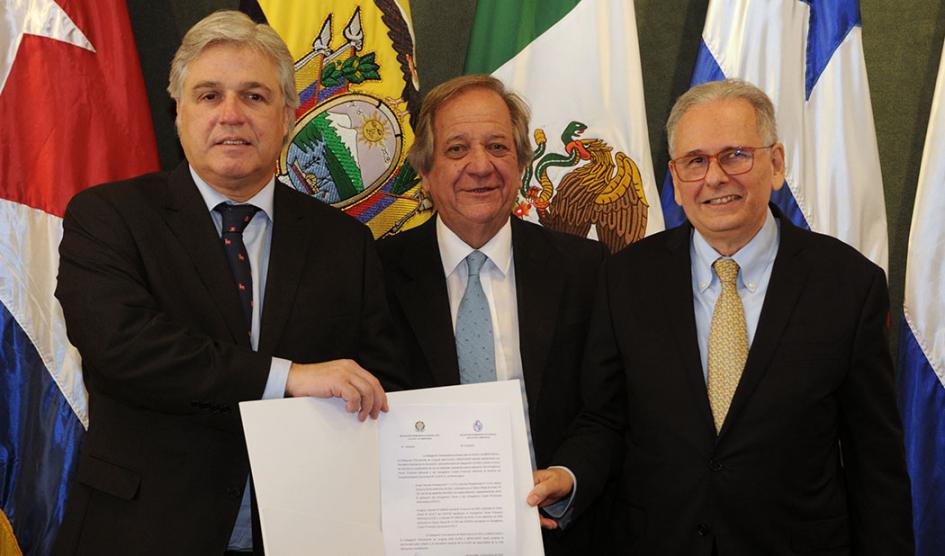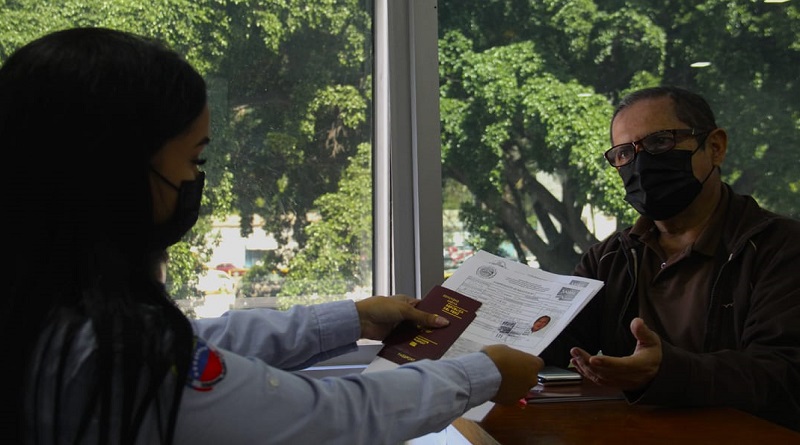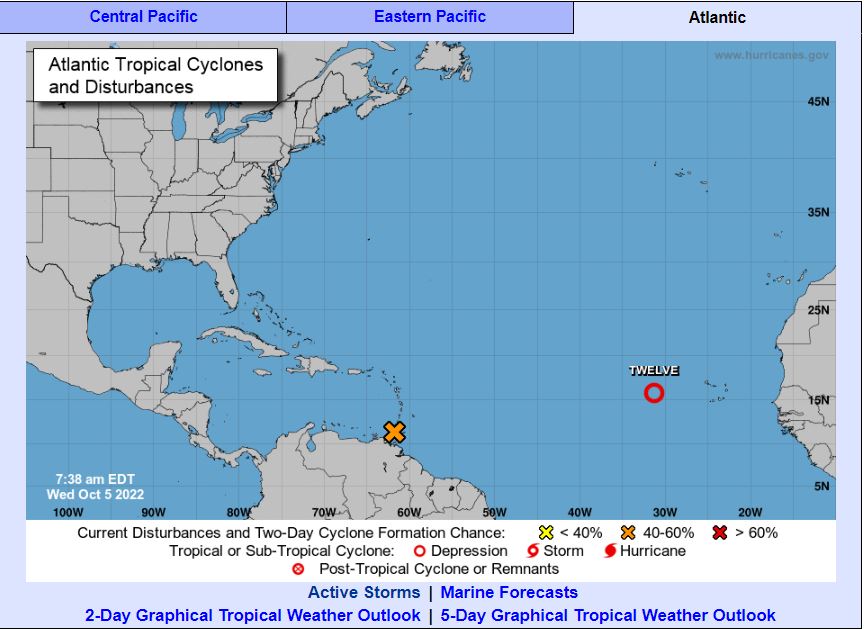The protocol signed by Uruguay and Brazil allows the total reduction of the common external tariff of the goods produced in the free zones. In addition, a second document was signed that establishes a new sanitary criterion for exporting yerba mate. Bustillo stressed that these agreements represent a milestone in the relationship between Uruguay and Brazil.
With the presence of the Minister of Foreign Affairs, Francisco Bustillo; the general secretary of the Latin American Integration Association (Aladi), Sergio Abreu, and the permanent representative of Brazil before that organization and Mercosur, Antonio Simoes, the act of delivery of the joint note of Uruguay and Brazil on free zones and yerba mate, in which both countries communicate that they have completed the process of incorporating the protocols into the respective legal systems, so they will enter into force.
The first document allows the total and immediate reduction of the common external tariff of all merchandise included in the economic complementation agreement (ACE) No. 18 that are produced in the free zones of the two nations. In addition, it supposes an extension of the regime, given that the previous additional ones covered certain sectors and a reduced group of merchandise.
The one referring to yerba mate, meanwhile, includes a new technical criterion in health matters to avoid the imposition of a non-tariff barrier that makes it difficult for this good from Brazil to enter Uruguay. This agreement will also be in force for an indefinite period of time and will ensure that the supply to the national market develops without major difficulties.
Bustillo pointed out that these agreements account for integration in Mercosur, especially in the bilateral relationship with Brazil, and that these protocols took a long time to work on. He added that, as of this signature, the one related to yerba mate comes into force and, from next Monday, October 10, the one related to free zones. Likewise, he explained that the latter endorses the possibility that all those goods that are produced in these sectors enter the Brazilian market exempted and that, in this way, it is expected to expand the dimension of ours.
Abreu indicated that these agreements are part of Aladi’s management, one deals with the commercial aspect between both countries and the other is included in the process of regulatory convergence. He added that this entity has all the mechanisms to ensure that micro, small and medium enterprises increase their trade to facilitate the interregional social insertion. He clarified that in Mercosur there are two free zones, Manaus and Tierra del Fuego, and that in the negotiation Uruguay was not allowed to have exports from them without paying the common external tariff.
Simoes, meanwhile, highlighted the importance of these agreements and of Aladi in this realization.


















